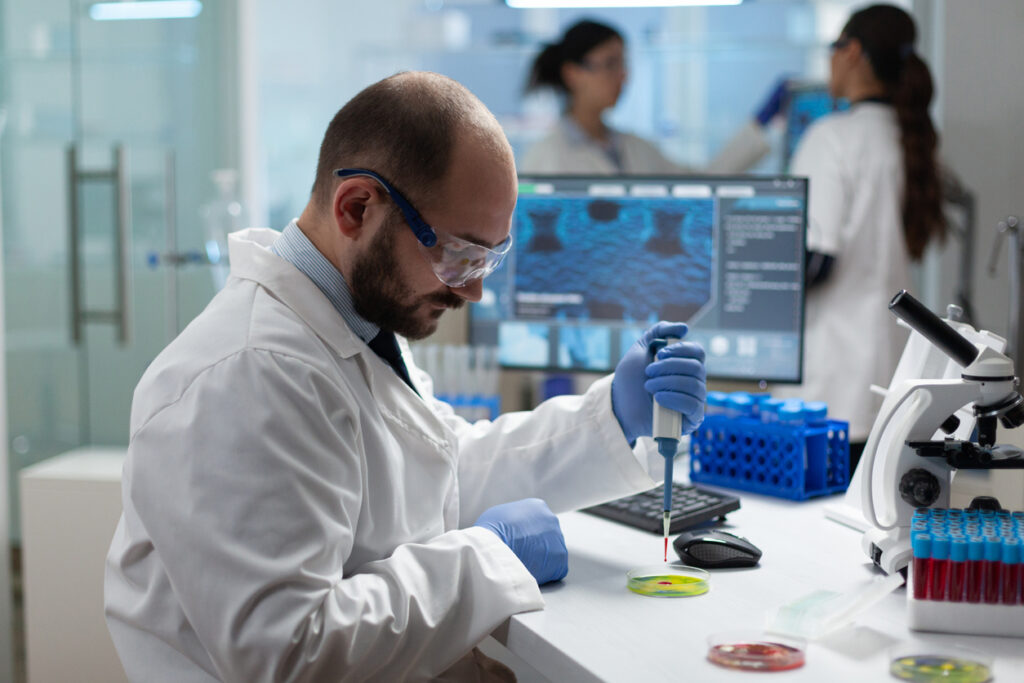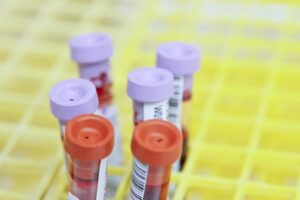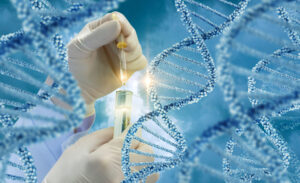
What is Genetic Testing for a Baby?
There are several cases when genetic testing of a baby might be recommended. Any parents, or parents-to-be, considering embarking down the route of undergoing genetic testing for their baby, either before or after birth, should first consult with a genetic counselor. Meeting with a genetic counselor is important to understand which specific genetic testing might […]










